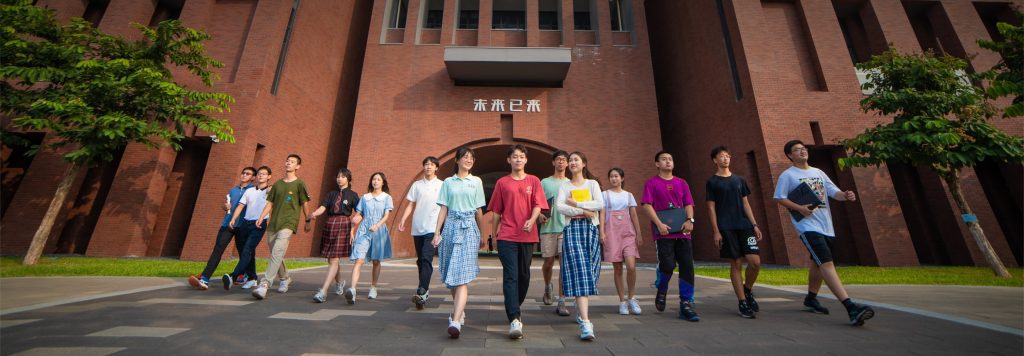
华南理工大学 SCUT
人 本 计 算 实 验 室
Human-Centered Computing Lab
未来技术学院
School of Future Technology
实验室围绕人工智能、智慧医疗、人机交互、普适计算、智能感知、具身智能及物联网等方向开展前沿基础理论与交叉应用研究。 课题组依托“人体数据感知教育部工程研究中心”与“广东省数字孪生人重点实验室”等科研平台,承担多项国家级和省部级科研任务,与国内外知名高校、头部企业保持长期合作,提供丰富的国际交流与访学实习机会。
The HCC Lab conducts cutting-edge research in areas such as artificial intelligence, smart health, human-computer interaction, ubiquitous computing, intelligent sensing, embodied intelligence, and the Internet of Things. Supported by the MOE Engineering Research Center of Human Data Sensing and the Guangdong Key Laboratory of Human Digital Twins, HCC has led multiple national and provincial-level research projects and maintains long-term collaborations with leading universities and top-tier enterprises. Opportunities for international exchange, academic visiting, and research internships are available.

U.S. National Science Foundation
Human-Centered Computing (HCC) is an interdisciplinary field that designs and studies computing systems to enhance human abilities and understand their impact...

主动健康
Proactive Health
基于可穿戴设备、移动终端与普适计算技术,持续采集多模态生理、心理、行为与环境数据。通过AI算法构建行为识别与健康评估模型,突破健康量化、风险预测与自主管理等关键技术,赋能智慧医疗。
Continuous collection of multimodal data (physiological, psychological,.behavioral, environmental) via wearables and mobile platforms. We developAl-driven models for activity recognition, health assessment, and risk prediction.

智能感知
Intelligent Sensing
面向智能驾驶、智慧家居、智慧城市等场景,研究嵌入式设备、无线传感与loT系统,构建情境感知的智能感知平台,实现高效的环境信息获取与处理。
Context-aware sensing systems for smart driving, homes, and cities, using embedded devices, wireless networks, and sensor fusion.

人机交互
Human-Computer Interaction
探索物理空间中的自然交互技术与虚拟空间中的多模态交互体验。研究“无扰式”生命体征监测、可穿戴感知、脑机接口、表面肌电等技术,开展运动意图识别与情感计算,推动智能交互升级。
Natural interaction technologies in physical and virtual spaces, including wearable sensing, brain-computer interfaces, and emotion-aware computing.

具身智能
Embodied Intelligence
聚焦人机协作与意图理解,研究机器人对人类行为的实时感知、意图驱动的智能决策模型及多模态交互机制。推动机器人在老年照护、家务协作与工业操作等场景的应用落地。
Enhancing human-robot collaboration through intent recognition, multimodal interaction, and real-time behavior analysis for use in elderly care, household support, and industrial applications.




